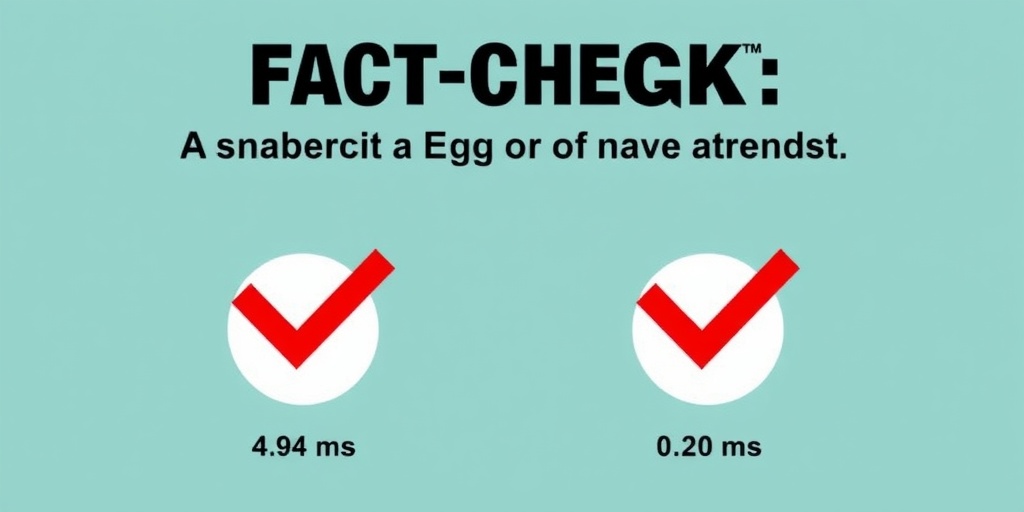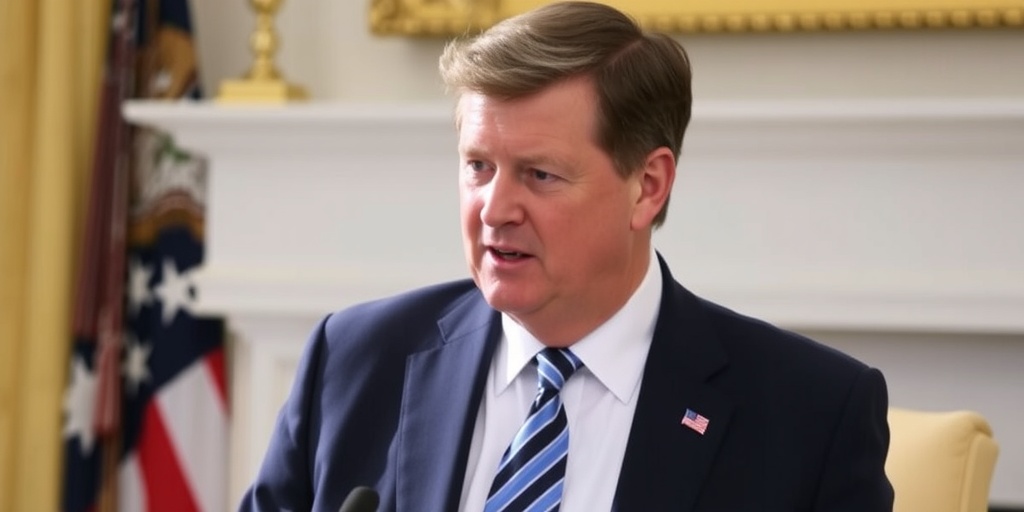Now Reading: Conservative Activists Connect Directly with Musk’s Team on X
-
01
Conservative Activists Connect Directly with Musk’s Team on X
Conservative Activists Connect Directly with Musk’s Team on X

Influential Social Media Activists Drive Policy Changes Under Musk’s Administration
On February 14, 2023, a notable demand echoed from the right-wing social media landscape around 4:28 p.m. Eastern time. The popular account Libs of TikTok, known for its criticism of progressive ideologies, posted on X, Elon Musk’s platform, demanding immediate changes to how the U.S. government recognizes gender. The message, which was sent to its 4.2 million followers, read: “The US government only recognizes two sexes: Male and Female. This needs to be changed immediately.” The post was coupled with screenshots from the Free Application for Federal Student Aid (FAFSA), showing options for students to identify as “nonbinary” or to select “prefer not to answer” when asked about their gender.
This online outcry did not go unnoticed. The account for Musk’s Department of Government Efficiency (DOGE) responded within hours, tweeting revised screenshots of the FAFSA form with the text: “Fixed.” This interaction highlights a growing trend within the current administration, where public sentiment expressed through social media influences governmental decisions significantly.
Musk’s administration, closely aligned with right-wing media narratives and activism, has been particularly responsive to viral posts. The billionaire has called upon users of his platform to assist in identifying what he terms “waste, fraud, and abuse” in government, creating a direct line of influence for conservative activists. This newfound access has empowered figures like Chaya Raichik, creator of Libs of TikTok, and Christopher Rufo, an outspoken proponent of conservative educational policies, turning social media engagement into tangible policy changes.
In several instances, Raichik and Rufo’s viral posts have provoked swift modifications to government documents and policies, primarily focusing on the Education Department. Raichik’s account has been vocal in its opposition to transgender rights and inclusive language, while Rufo has gained notoriety for pushing back against educational content linked to critical race theory and diversity initiatives.
Recently, it was revealed that the Education Department had already planned revisions to the FAFSA form to comply with an executive order from the Trump administration mandating that the government recognize only two genders. However, Raichik’s post prompted an urgent internal scramble within the department, despite the changes being pre-approved, highlighting the newfound urgency to align with conservative perspectives. Contractors were called back from vacation to implement these changes hastily in a bid to publicly showcase responsiveness to Raichik’s demands.
Rufo explained the process to his followers: “We expose corruption on X. DOGE eliminates it in DC. Rinse and repeat,” illustrating the cyclical nature of their influence. Following this method, he has also targeted other educational support programs such as the Comprehensive Centers, asserting they represent “wasteful” spending. Upon Rufo’s public criticisms of these centers, the Education Department announced the termination of grants aimed at assisting local educational districts, further solidifying the impact of social media influence on policy decisions.
The elimination of these funding programs, initially intended to provide essential support to schools grappling with various systemic issues, drew criticism from educational organizations warning that such cuts endanger the infrastructure necessary for improving student outcomes. Critics argue that defunding these centers directly undermines the resources available for educators and local policymakers.
Rufo’s online campaigns have not been limited to the Comprehensive Centers. Shortly after criticizing another educational support initiative known as the Equity Assistance Centers—a program designed to help desegregate schools—the Education Department announced the cancellation of substantial contracts associated with these centers, following Rufo’s leads. This pattern underlines how social media activism has achieved a remarkable level of influence over federal education policies, turning online rhetoric into actionable policy shifts.
Rufo has emphasized his constructive relationship with the Education Department, framing his engagements as scholarly and nonpartisan; however, the influence wielded by activists like him raises concerns about the politicization of educational resources and their impact on democratic processes.
Moreover, the rapid adjustments to federal forms have created channels for conservative activists to amplify their agendas almost instantaneously. Both Rufo and Raichik have leveraged their platform’s successes to further their causes, celebrating Musk’s team for their prompt actions. This newfound method of triggering government responses has not only allowed these individuals to escalate their influence but has also positioned them as central figures in shaping educational policy in ways that align with their ideological beliefs.
In a political environment increasingly defined by rapid social media engagements and reactions, the interplay between activists and a responsive government led by figures like Musk exemplifies a significant shift in how policy is formulated and enacted. As these relationships evolve, the implications for educational equity, resource allocation, and the broader societal discourse on identity are profound and far-reaching.
Stay Informed With the Latest & Most Important News
Previous Post
Next Post
-
 01New technology breakthrough has everyone talking right now
01New technology breakthrough has everyone talking right now -
 02Unbelievable life hack everyone needs to try today
02Unbelievable life hack everyone needs to try today -
 03Fascinating discovery found buried deep beneath the ocean
03Fascinating discovery found buried deep beneath the ocean -
 04Man invents genius device that solves everyday problems
04Man invents genius device that solves everyday problems -
 05Shocking discovery that changes what we know forever
05Shocking discovery that changes what we know forever -
 06Internet goes wild over celebrity’s unexpected fashion choice
06Internet goes wild over celebrity’s unexpected fashion choice -
 07Rare animal sighting stuns scientists and wildlife lovers
07Rare animal sighting stuns scientists and wildlife lovers




















